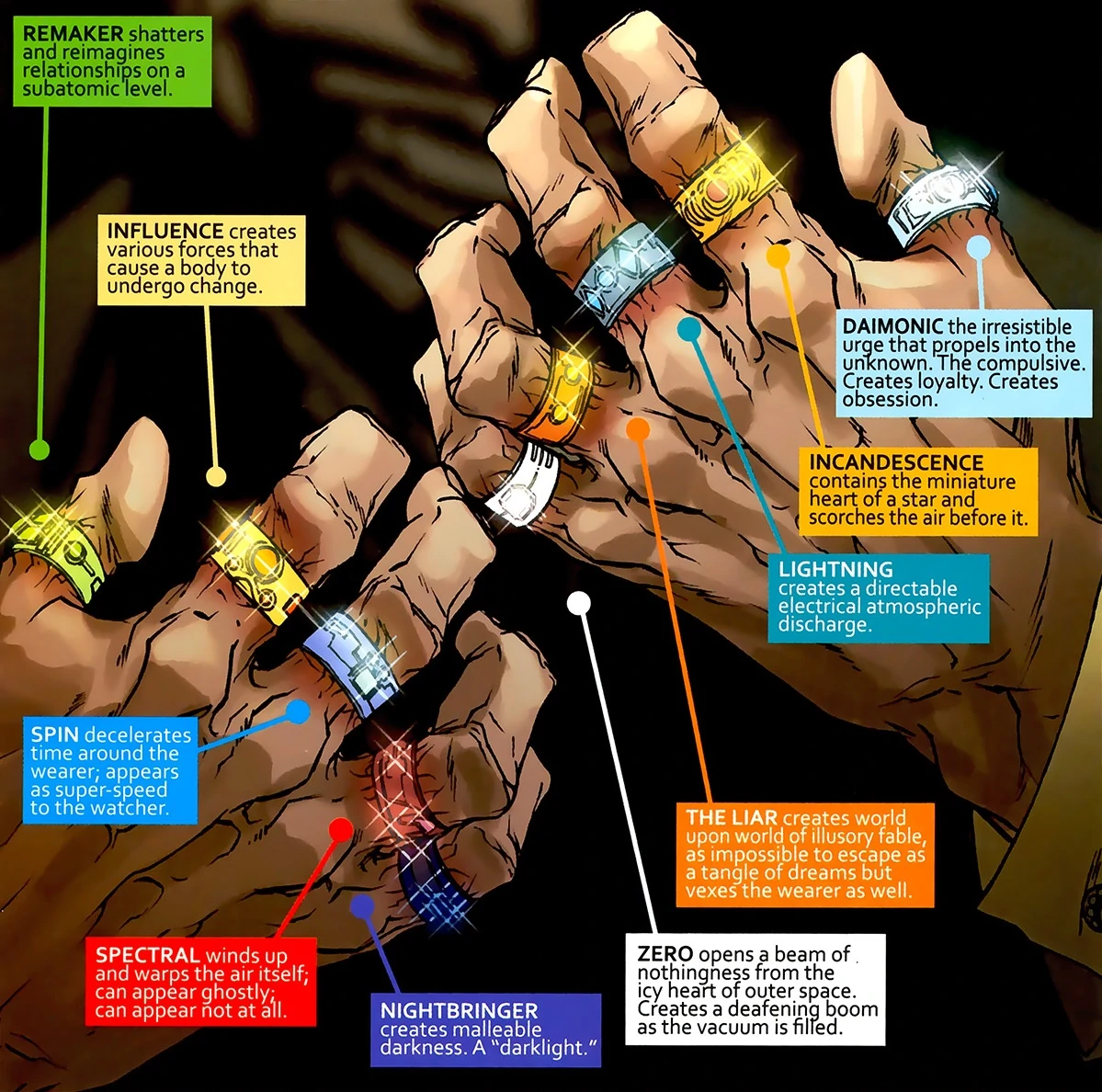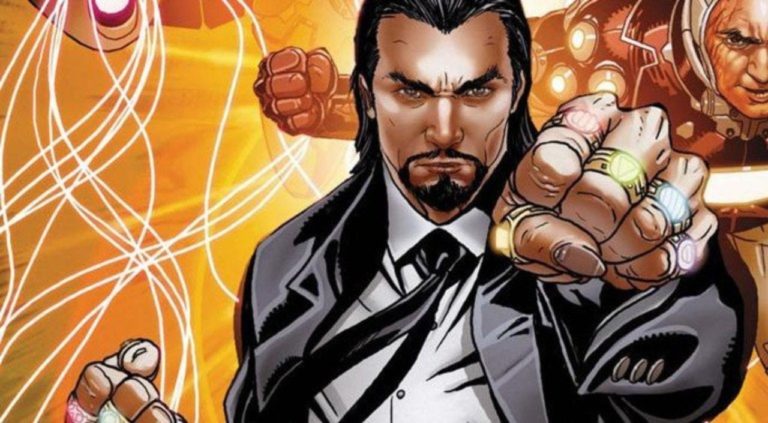Recently, Marvel Studios announced that the Chinese superhero Shang Chi would be getting his own full-length film in 2021. If you’re a comic book fan like me, this is welcome news.
Shang Chi is often ranked as the best fighter in Marvel Comics, so skilled in hand to hand combat that other superheroes go to him for lessons. A Shang Chi movie would not only be entertaining but could also have a strong impact in a film industry known for mishandling Asian actors.
As exciting as the film sounds, I’m curious about the movie's villain, the Mandarin. Like Shang Chi, the Mandarin is very popular among comic book readers. He is also controversial since many view him as a walking Asian stereotype. It will be interesting to see how Marvel adapts such a villain to the big screen.
Created by writer Stan Lee and artist Don Heck, the Mandarin first appeared in “Tales of Suspense #50” in 1964. In his original backstory, the Mandarin (whose real name has never been revealed) comes from a wealthy family in China. His family's home is taken during the Communist revolution.
He rises to power after discovering 10 rings in the wreckage of a crashed alien spaceship. Each ring endows its user with a different power. Though these rings are not on par with the six Infinity Stones, they still make the Mandarin a force to be reckoned with. The Mandarin is often depicted as the arch-nemesis of Iron Man and during the Cold War. Their rivalry mirrored tensions between the East and West.

The Mandarin’s influence can also be seen throughout Marvel’s films. For example, in 2008’s “Iron Man,” Tony Stark is captured by a terrorist group called “The Ten Rings,” who intend to use his weapons for their own plans. The ordeal leads Stark to build his first suit of armor and become a superhero. Actor Ben Kingsley was cast as the Mandarin in the 2013 film, “Iron Man 3”. But in the film, Kingsley’s character turned out to be fraud masquerading as the real Mandarin.
The following year, Marvel released a short film titled, “All Hail the King”, which assured fans that the real Mandarin did exist in the Marvel Cinematic Universe but the character never made an on-screen appearance. In a recent interview, Drew Pearce, the screenwriter for Iron Man 3, admitted that while working on the movie he worried about “playing into the racial stereotypes that generated the character in the beginning.” However, Pearce was quick to acknowledge that there are modern adaptations of the character that could work on film.
Fans of Black Panther will recall that in the comics, the character M’baku went by the name Man-Ape, and would eat the flesh of mystical white gorillas to give himself superhuman strength. Such a character could have been offensive on film. However, it was adapted masterfully by director Ryan Coogler in 2018’s “Black Panther.” In fact, M’baku became one of the more popular characters in the movie.
Marvel has proven itself adept at taking touchy subjects from its source material and making them work on screen. Thus, as the Mandarin is brought to life, we can hope that Marvel can once more pull it off without falling into racial offensive stereotype.
[zombify_post]


0 Comments